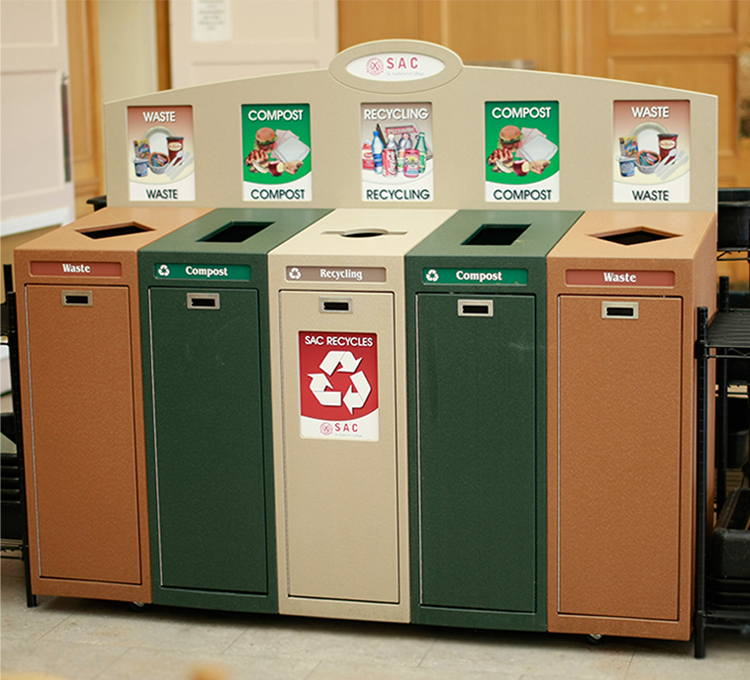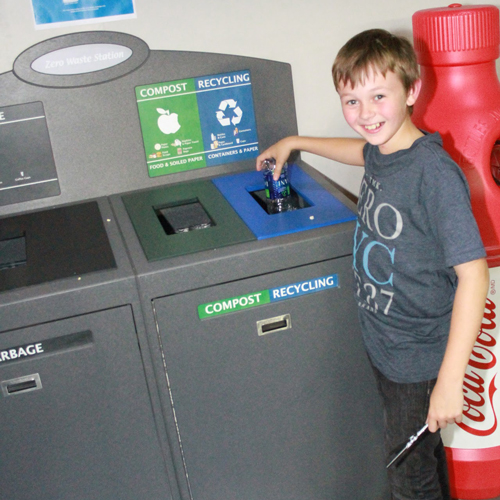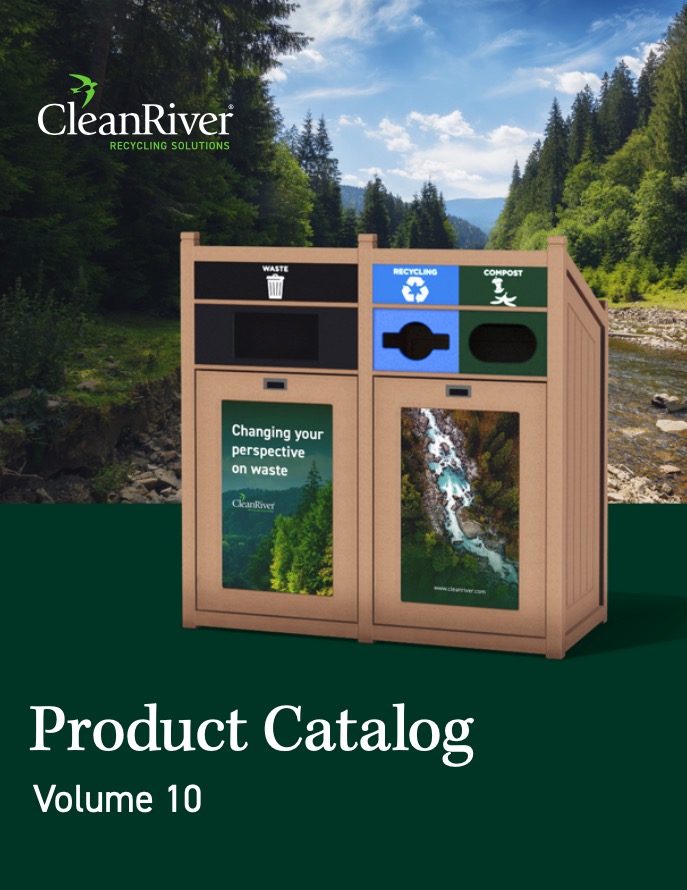There are a lot of people who have an interest in starting school recycling programs and for good reason. A school is an ideal place for recycling solutions. With hundreds of students on campus daily, plus the teachers and staff, there is a lot of waste that can be recycled. Even a simple recycling program can divert a large quantity of waste from landfills.
Obviously, you want the school recycling program to be successful and not have it fall flat on its face. Therefore, it's essential to be aware of potential risks, pitfalls, and things that can go wrong without careful planning. By creating recycling programs for universities across North America like Texas A&M, UCLA, Stanford, University of Toronto etc., we’ve put together the following list of key success factors for implementing a school recycling program:
1. Research your local recycling rules and guidelines
Recycling rules differ from city to city. What may be commonplace in one town may not be allowed in another. So, as part of your initial research into recycling solutions, it's necessary to understand your city's regulations.
Get more tips by checking out our checklist for starting a school recycling program.
2. Check with the school board
The decision to adopt a school recycling program may not always be in the hands of the school administration. It’s worth checking in with your local school board.
Depending on your school district, there might be a recycling program in place the school can adopt. So, a lot of the leg work would be done for you already. There may also be certain steps you may need to follow to get approval at the school district level.
Not sure if you’ll get approval? Here are 3 Ways To Convince Your Boss To Start A Recycling Program.
3. Get buy-in from all groups affected by the recycling program
Schools are unique in the sense that there are several groups of people you need to consider when planning a recycling program. You need to think about:
- School administration
- Teachers and staff
- Students
- Custodial staff
You need buy-in from each one of these groups to ensure the commercial recycling program is a success. Even if one of these groups doesn’t buy in, you’ll run into issues executing the program.


4. Failure to educate employees
Getting buy-in is important, but educating everyone about the commercial recycling program is an essential next step. Make it clear how each group of recyclers (administration, teachers, students) and custodial staff can affect the success of the plan. Provide them instruction about their roles, explain how they can get involved and advocate for the program.
And perhaps most important, clearly explain how the program works – what can be recycled, how to recycle, where the bins are located, and any other instructions they could benefit from receiving.
5. Make adjustments to the recycling program once its launched
Establishing a commercial recycling program is not a “set it and forget it” program. Once you get the recycling program off the ground, you should expect to make some adjustments and refinements to your recycling solutions. This is part of the process.
6. Making things overly complicated or hard to recycle
Consider the age of the students at the school as well as the needs of others when planning the program. For example, if children cannot read the signage or understand how to recycle correctly, they won’t. Or, you’ll have bins with the wrong items. There will be too much commercial recycling bin contamination. When this happens, the items will have to go to the landfill.
And it’s not just the kids that have trouble understanding recycling labels. Check out our recent waste diversion case study worked with a well-known college in California to increase their waste diversion rate by creating the innovative “I Don’t Know” bin.
The planning process is one of the most vital steps to ensure you implement a successful commercial recycling program at your school. Always consider potential challenges, but also focus on key success factors.


Be sure to check out CleanRiver’s updated Book of Recycling Graphics for ideas on how you can update your school’s graphics and refresh the look of your recycling bins.
Looking for more commercial recycling solutions tips and tricks? Check out these other blogs from CleanRiver Recycling:
- 3 Steps to Convince Your Campus to Start a Recycling Program
- 5 Solutions For Schools to Improve Recycling Rates
- 6 Ways to Go Green at School
- The Ultimate Guide to Recycling Programs
CleanRiver Recycling has provided recycling solutions across universities in North America like Texas A&M, UCLA, Stanford, University of Toronto etc. With over 1,440 different options, CleanRiver recycling bins are customizable so you can meet your school’s unique recycling needs & update your bins as your program evolves.To determine the right solution to meet your needs, use the CleanRiver product selector.
If you have additional questions that weren’t answered in this blog post, please call us at 1-866-490-2585 or email solutions@cleanriver.com.
